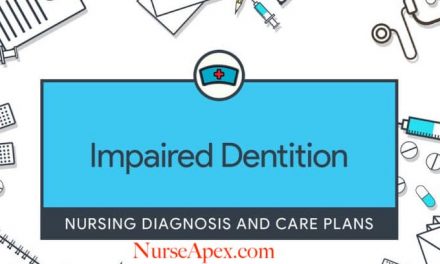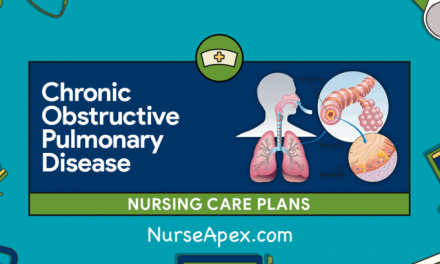A well-designed brain tumor nursing care plan will provide your loved one with a personalized plan to meet his or her unique needs. A good plan will address several areas, including antiepileptic drugs, palliative care, communication, and decision-making. Below is a brief overview of the four areas of a brain tumor nursing care plan. If you need more information about the types of care, read on to learn more.
Palliative care
When a person has a brain tumour, they may require specialized care known as palliative medicine. This type of care is used to relieve symptoms, relieve pain, and help patients cope with the side effects of treatments. It can also be used as part of a person’s brain tumor nursing care plan if the patient is experiencing serious side effects from aggressive treatments. It is recommended for patients at any stage of the disease, including after diagnosis.
Antiepileptic drugs
The use of antiepileptic drugs is important in the care of patients with cranial malignancies because seizures affect their quality of life and neurocognitive functioning. Patients experience great loss of control due to seizures, which can also result in social stigma, job restrictions, and limitations to daily activities. Seizures that are poorly controlled can result in significant morbidity, including aspiration, edema, and injury.
Communication
The NICE guidelines for brain tumor nursing care recommend that HCPs improve their communication skills in order to better provide information to patients. Communication should be face-to-face and should include discussions of diagnosis, prognosis, recurrence, and end-of-life care. While there are gaps in the evidence base regarding how to provide information to patients, guidance highlights that patients with brain tumors have unique needs and desires. HCPs should consider eliciting complementary therapies from patients.
Decision-making
ACPs are an excellent way for patients and families to talk about their care and preferences. These documents will document all activities performed by the patient and changes to their condition over time. As an advanced care planning document, the plan must be based on evidence-based practice and incorporate existing data. It should also identify any needs or potential risks. Once completed, the patient or family can review the plan and decide on any changes as needed.
Support at home
Brain tumor nursing care plans are often complicated by the fact that caregivers tend to neglect their own needs in caring for patients with cancer. This can lead to depressive symptoms and despair, and the need for support is even greater in the home setting. Support for caregivers can be provided through educational resources about the disease and symptoms, training in how to handle a disabled patient, and early discussions about treatment options. Listed below are some of the ways in which caregivers can find support from their own doctors and family.





